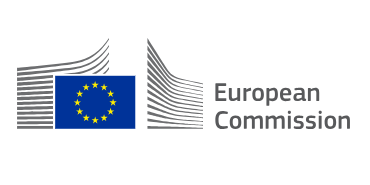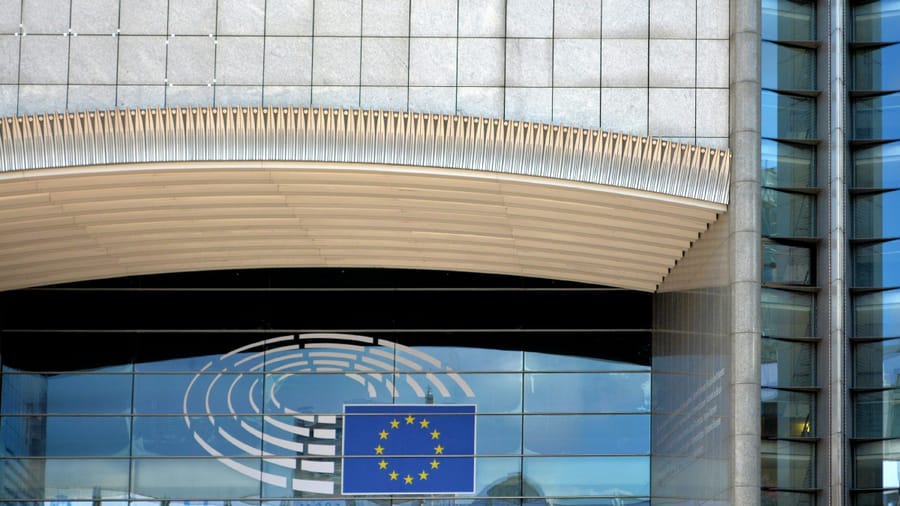On 9 April 2025, the European Commission unveiled the AI Continent Action Plan, aimed at revitalising Europe’s artificial intelligence industry and enhancing its competitiveness against the United States and China. The plan focuses on five key areas, including developing a large-scale AI computing infrastructure, increasing access to high-quality data, and promoting AI adoption in strategic sectors, while addressing tech companies’ criticisms that EU regulations are overly burdensome for innovation.
As part of the Action Plan, the EU will establish at least 13 AI factories across Europe, leveraging the existing supercomputing network, and create up to 5 AI gigafactories, each equipped with approximately 100,000 state-of-the-art AI chips—four times the capacity of current AI factories. According to the European Commission, these AI gigafactories will integrate vast computational power and data centres to train and develop complex AI models at an unprecedented scale, which plans to mobilise €20 billion through the InvestAI initiative to stimulate private investment in gigafactories. Additionally, the Commission proposes a Cloud and AI Development Act to at least triple the EU’s data centre capacity over the next five to seven years. The Commission will also establish the AI Act Service Desk, serving as a central point of contact to support businesses complying with the AI Act.
The Commission will soon launch the Apply AI Strategy to boost the current 13.5% AI adoption rate among EU enterprises, encouraging industrial AI use and widespread adoption in the EU’s strategic public and private sectors. To meet the growing demand for AI talent, the Commission will facilitate the international recruitment of highly skilled AI experts and researchers through initiatives like the Talent Pool and the Marie Skłodowska-Curie Action ‘MSCA Choose Europe’, while offering AI fellowship programmes via the forthcoming AI Skills Academy. Furthermore, it will develop education and training programmes in AI and generative AI for key sectors, preparing future AI professionals and supporting workforce upskilling.
Sources:
1.

Explore how the European Union is shaping its future with artificial intelligence as a key pillar of competitiveness and innovation.
2.

3.










